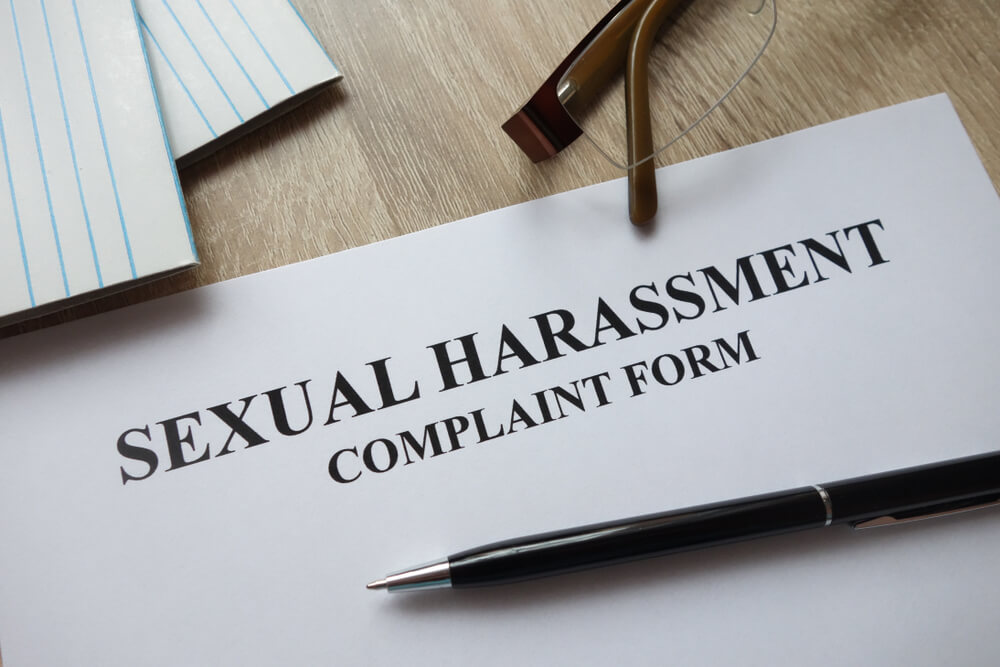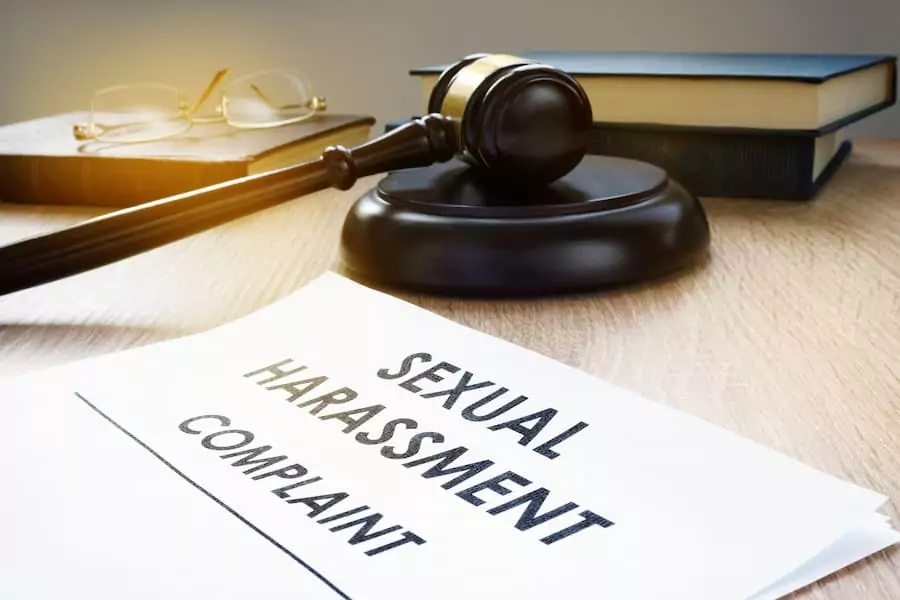
What Do I Do if I See Sexual Harassment at Work?
When we discuss sexual harassment at work, you might first imagine someone harassing you. However, even if someone finds themselves facing harassment, it can still

When we discuss sexual harassment at work, you might first imagine someone harassing you. However, even if someone finds themselves facing harassment, it can still

Most employees in the U.S. know that the law prohibits sexual harassment at work. You might have an idea of what sexual harassment looks like,

You should never feel unsafe or uncomfortable in any location, especially places where you spend so much time, like work. Still, under certain circumstances, a

You should enjoy a safe workplace, free from harassment. Unfortunately, sexual harassment is extremely common and can hurt your work performance and mental and physical

With the long hours spent in the workplace, you should always feel safe and comfortable. However, when you experience sexual harassment at work, this calm,

Many types of sexual behavior can be the basis for a harassment case. This behavior can include verbal remarks and comments. In fact, some of

Just because you are not the direct victim of sexual harassment does not mean you have not experienced harassment. What you see and hear on

If you have experienced sexual harassment at work, what should you do? How should you report the issue? What are your rights and options? The

California and federal employment laws both prohibit sexual harassment in the workplace. If you have the right to be free from harassment, certainly you have